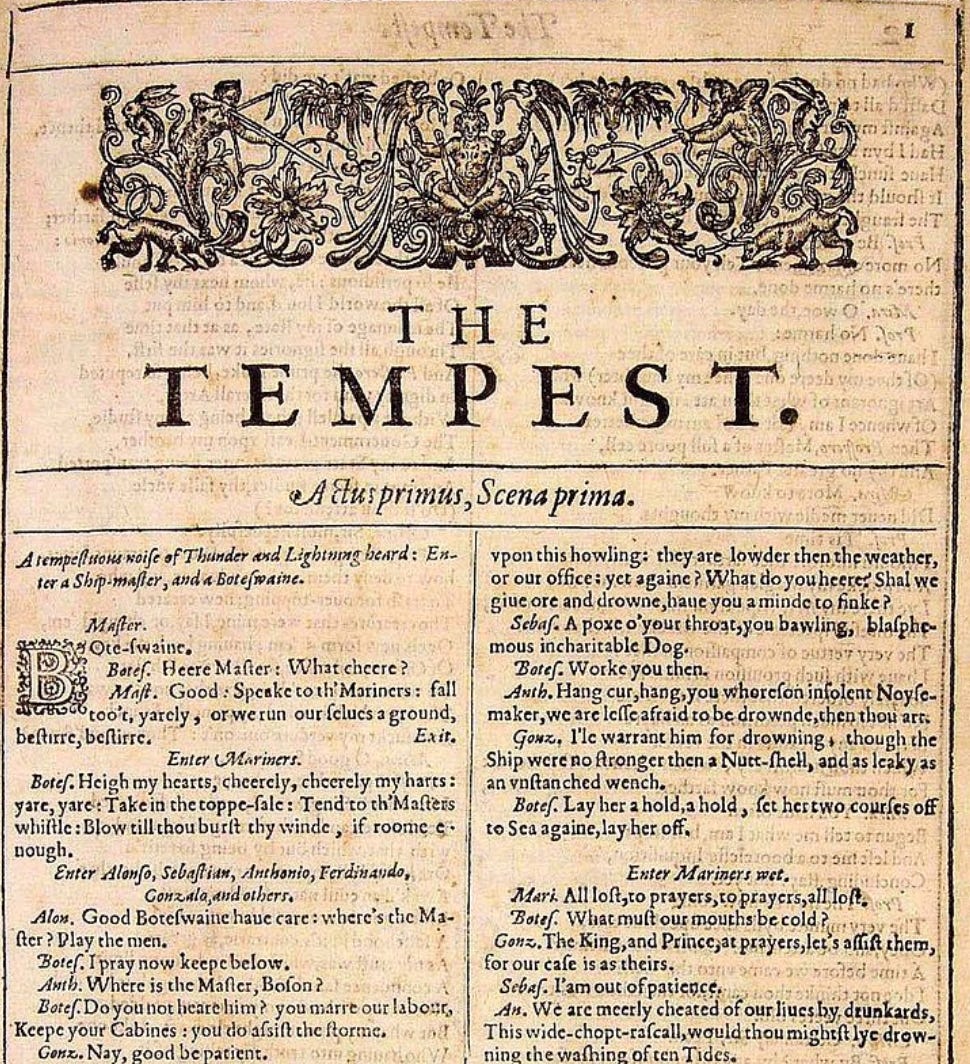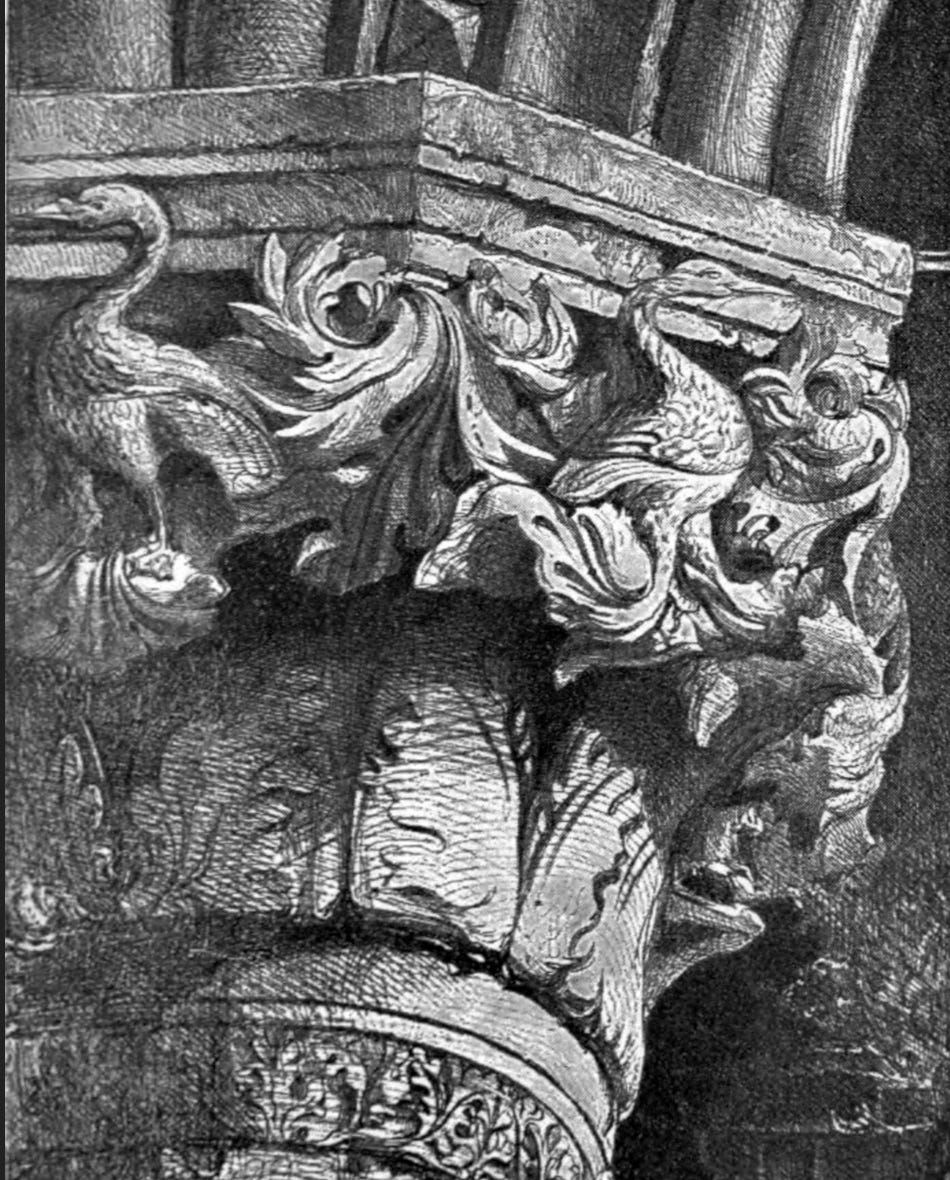My Alternative Tech Canon: 26 Mind-Expanding BooksThese works offer a holistic, humanistic critique of technology—and healing alternatives to a device-driven lifeThere’s been a lot of buzz about books in Silicon Valley during the last few days. What a pleasant surprise. Books really were the first handheld devices. But they’re often forgotten and marginalized in our intensely digital culture. Veteran writers like me—my first book came out in 1988!—should be grateful for the attention. Despite our inky fingers, we’ve finally been noticed and validated. But not every book is equally valuable. And not every tech reading list imparts wisdom to the same degree. So what books are getting hyped in the Valley? If you want to support my work, please take out a premium subscription (just $6 per month).Tech CEO Patrick Collison started the discussion ten days ago when he shared his “tech canon”—a hodgepodge of books and blogs that reflect today’s Silicon Valley worldview. Others responded with their own suggestions. These lists mostly offer a mishmash of sci-fi, pop psychology, trend-of-the-month journalism, bios, and mass-market science books. What they don’t provide is much historic perspective—except for three titles, all of Collison’s recommended books date from the last 50 years. Human values—ethical, spiritual, communal—play almost no part in this discussion. I find that deeply troubling. There’s a resistance to the notion that philosophers or humanists or artists or spiritual individuals with large souls have anything to offer in this debate. So they are excluded from the conversation. Tech is treated like a closed universe, operating by its own rules. You might think this isn’t a big deal. After all, who cares what books tech leaders read? But I have a very different view. I believe this is a deadly serious matter. Tech is destructive if it operates outside of core human values and holistic, empathetic thinking. Those STEM disciplines are useful, but only when they contribute to human flourishing. Few things would do more to improve our culture and society than a shift in the tech worldview—away from grasping and control and the will to power. Imagine how much we would benefit if the tech community had different values, more compassionate, constructive, and centered on the users (not the makers) of all those devices and apps. All that can start with a reading list So I’m providing a very different canon. These book recommendations will be invaluable for anyone seeking a humanistic critique of technology, and a pathway to something better than command-and-control digital empires. Each of these works offers a completely different way of thinking about tech and, in aggregate, set the foundation for a world where devices and machines enrich our lives, not dominate and desensitize them. A Humanistic Tech Canon: 26 BooksBy Ted Gioia I have published elsewhere more detailed accounts of some of these books (click on the links in the titles). In other instances, I’ve written essays on these works, but haven’t published them yet. In any event, I will have more to say about these authors and their core ideas in the future. In the meantime, consider this as an anti-canon—26 books from outside tech that raise all the key issues dominating life in the digital age. I list them here in chronological order: William Shakespeare: The Tempest (1611)In Shakespeare’s final play, he offers the prototype of a leader and innovator in the character of Prospero—based, many critics believe, on the playwright himself. Prospero’s wizardry brings great power, but also responsibility, perhaps more than he can initially handle. But a story that begins with an unfettered quest for knowledge and grasping after power, ends up as a celebration of imagination, harmony, and reconciliation. This is a very wise work, and definitely not taught at Harvard Business School. Mary Shelley: Frankenstein; or, The Modern Prometheus (1818)Dr. Frankenstein is the quintessential tech entrepreneur—striving in his lab to create a breakthrough prototype, stitched together one piece at a time. It’s a shame he has to rob graveyards to get his bits and bytes. But when ends justifies the means, anything goes—and, hey, his version 1.0 is a total monster. In other words, Dr. Frankenstein is the exact opposite of Prospero in Shakespeare’s play. If I was teaching a class for Stanford’s entrepreneurship program, I’d assign a compare-and-contrast paper. Two hundred years after its publication, Frankenstein is still our best introduction to the responsibilities of the technocrat, and the price we pay when innovation runs ahead of our moral thinking. Johann Wolfgang von Goethe: Faust (1832)Forget those fawning tech bios, and consider instead Dr. Faust—who is so excited by knowledge and progress that he sells his soul for them. I really expected to see him on the Forbes billionaire list. It’s too bad that things went sour before the IPO. John Ruskin: The Nature of Gothic (1853); Unto This Last (1860)Ruskin praises the technology that built the Gothic cathedrals—and for the most amazing reason. He loves the Gothic worldview because it allowed workers to express their own creativity in the finished work. They still speak to us today in every gargoyle and curlicue. Ruskin’s The Nature of Gothic thus offers a completely different way of conceptualizing organizations and enterprises—from a genuinely human perspective. Seven years later Ruskin published Unto This Last, which offers a similar critique of economics from a caring, ethical perspective. These are essential works for anyone who wants to analyze utilitarian tech stances from the more people-centered perspective of the humanities. ... Keep reading with a 7-day free trialSubscribe to The Honest Broker to keep reading this post and get 7 days of free access to the full post archives. A subscription gets you:
|
Search thousands of free JavaScript snippets that you can quickly copy and paste into your web pages. Get free JavaScript tutorials, references, code, menus, calendars, popup windows, games, and much more.
My Alternative Tech Canon: 26 Mind-Expanding Books
Subscribe to:
Post Comments (Atom)
When Bad People Make Good Art
I offer six guidelines on cancel culture ͏ ͏ ͏ ͏ ͏ ͏ ͏ ͏ ͏ ͏ ͏ ͏ ͏ ͏ ͏...
-
code.gs // 1. Enter sheet name where data is to be written below var SHEET_NAME = "Sheet1" ; // 2. Run > setup // // 3....



No comments:
Post a Comment